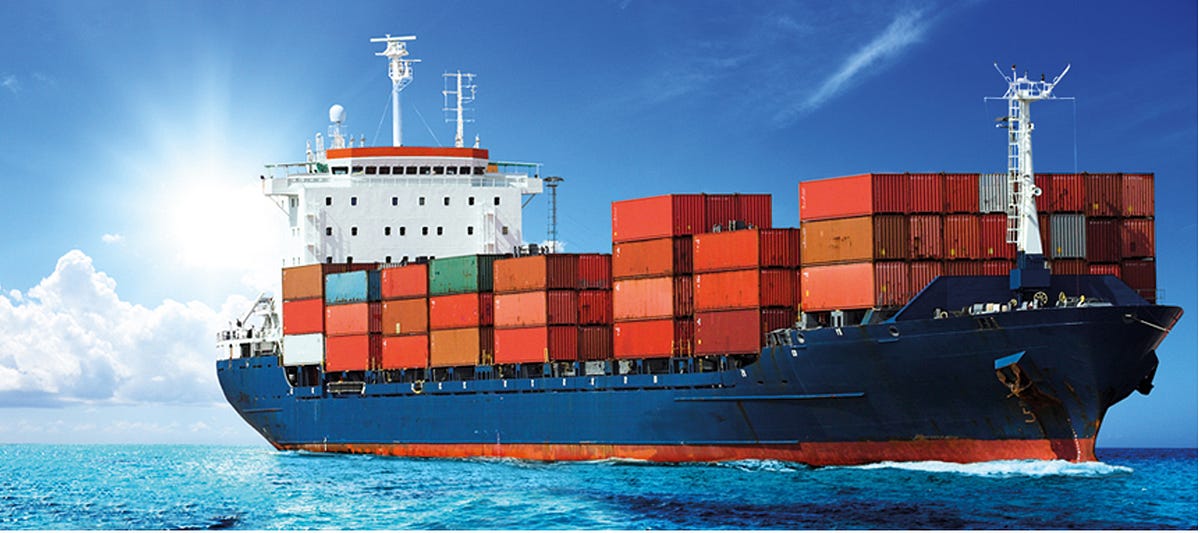In a ripple effect from escalating geopolitical tensions, oil major BP has joined the ranks of shipping giants such as MSC, Hapag-Lloyd, CMA CGM, and Maersk in pausing all shipments through the Red Sea. The decision follows a series of attacks by Houthi militants from Yemen, prompting a collective concern for the safety of vessels navigating this critical maritime route.
Security Concerns Lead to Shipping Halts
BP, in a statement, emphasized that the safety of its workers remains a top priority, prompting the temporary pause in transits through the Red Sea. This move aligns with a growing trend as other shipping giants have also suspended travel through this vital link between Europe and Asia. The drone threat emanating from Houthi-controlled territories has prompted industry leaders to reevaluate the security of the Red Sea route.
Global Supply Chain Implications
Experts warn of potential seismic activity in global supply chains if current and expected reroutings are sustained. Richard Meade, the editor-in-chief at Lloyd’s List, highlights the implications for supply chains, emphasizing the need for sustained naval presence and sophisticated anti-drone measures to counter the threat effectively.
Oil Prices Surge Amidst Uncertainty
As a consequence of these disruptions, oil prices have surged, with Brent futures experiencing an increase to $78.05 per barrel. The uncertainty surrounding the situation has raised concerns about the longevity of these disruptions and their impact on global trade.
Geopolitical Context and Naval Escorts
The geopolitical context is crucial, with Iran-backed Houthis vowing to continue strikes against Israel and vessels heading toward Israel until aggression in the Gaza Strip ceases. In response to the attacks, the U.S. is expected to announce an expanded maritime protection force in collaboration with Arab states, emphasizing the need for naval escorts and advanced anti-drone capabilities.
Suez Canal Monitoring and Industry Response
While the Suez Canal Authority reports that traffic through the canal is moving normally, the industry remains on high alert. Managing director Ossama Rabiee emphasizes close monitoring of ongoing tensions in the Red Sea and their potential impact on navigation through the Suez Canal.
The uncertainty surrounding the situation raises questions about the duration of these disruptions. Simon Heaney, a senior manager for container research at Drewry, points out that the oversupply of ships in the market may act as a buffer, potentially mitigating the impact on supply chains. However, cargo owners may face longer lead times or increased costs as shipping firms recalibrate their routes.
Conclusion
In conclusion, the shipping industry finds itself at the crossroads of geopolitical tensions, security concerns, and the ever-evolving dynamics of global trade. As major players navigate these challenges, the resilience of supply chains will be put to the test, with potential implications for freight rates, lead times, and the overall stability of the maritime industry.
